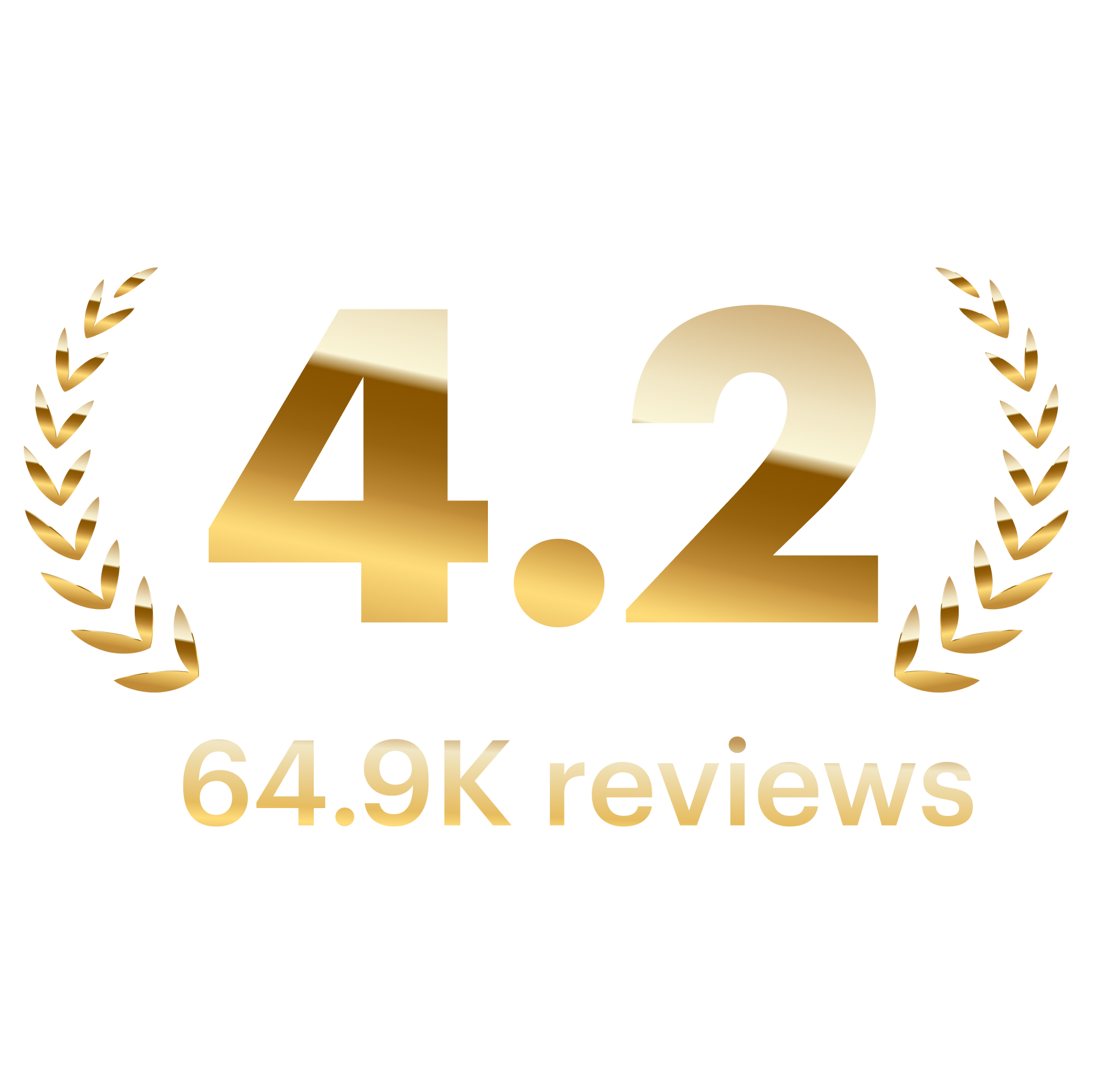Last Updated on May 24, 2022 by
How can women plan their finances at every stage of life?
Women have broken the glass ceiling and have made a significant impact in every industry. They are breaking down barriers and taking on new challenges every day. Apart from this, they are freeing themselves from financial overdependence and becoming self-sufficient to fulfil all their needs.
At different stages of life, women play different roles. From being a daughter, a wife, and then a mother, women undertake different responsibilities. However, apart from their roles in a family, they are also strong and independent leaders, professionals, or businesswomen.
Balancing all these duties requires significant planning. A basic thing that helps women set themselves on the right track is managing their finances well. Each stage of life highlights a different aspect that needs to be focused on. Let us see how women can plan their finances well to ensure financial growth and independence.
This Women’s Day, Tickertape brings a peak on how women can plan finances for every stage of their lives!
Table of Contents
The first stage
The early stage of your professional life is when you are between 21 and 30. As women increasingly pursue higher education, this phase involves balancing work experience and education. It is also a time when you earn your first salary.
If you are away from home for work or education, there may be a burden on you to bear all your expenses. Irrespective of the situation, it is important for women to learn money management as it gives them more financial independence.
Apart from this, budgeting is one of the most important financial skills to learn when you first start earning money. It helps you develop the discipline to live within your means. Controlling debt use and building your credit history are also critical elements. Servicing any debt you may have, such as a college loan, is crucial. A blunder now could have a long-term impact on your borrowing ability in the future.
Once you’ve figured out how to control your costs, you may put money aside and start investing. It allows you to build a large corpus by putting your money into different schemes. The premiums and interest rates you are liable to pay are also the lowest at this stage. Starting now gives you a long time to benefit from the effects of compounding.
Even though it may seem too early, investing for your retirement right now comes with many benefits. It allows you to accumulate a good corpus for a comfortable post-retirement life. Other investments are optional at this time and can begin once your income and savings have stabilised.
If you don’t have health insurance through your employer, you should set one up. Other products, such as auto and personal accident insurance, should be incorporated if necessary.
The second stage
This is the time when you will be in your 30s. At this stage, your income and expenses would grow. You would also be more familiar and comfortable with budgeting and creating a pool of savings. Usually, this is the phase where most women plan to get married or have recently done so. This change comes with additions to the family members, whose needs you must incorporate into your income. Revise and fine-tune your budget regularly to match your needs and overall goals.
This is also the most demanding stage, and many aspects of financial planning must be addressed. Taking on a life insurance policy is a crucial prerequisite for your and your dependent’s financial security. You may consider term insurance, which provides the necessary protection at the most cost-effective price. Increase your health insurance coverage to include your entire family.
Make explicit nominations on your investments and insurance policies to include basic estate planning in your finances. Having a secure abode for you and your family becomes a necessity.
Moreover, invest your savings to build a portfolio that meets your goals, growth plan, and liquidity requirements. If you are facing difficulties, getting professional assistance can streamline your tasks.
Additionally, debt management is crucial during this period since your needs are likely to exceed your financial resources. While borrowing, keep your ability to repay in mind to avoid damaging your credit score. You should not have to sacrifice your retirement funds, insurance coverage, or vital goals like housing to meet debt payback commitments. Borrow mainly to purchase appreciating assets that will help you increase your net worth over time.
The third stage
This stage is usually in your 40s and 50s. If you’ve been carefully planning your finances thus far, this will be the pinnacle of your financial success. Your income would be high and rising, but your expenses would have levelled off. However, even at this stage, being aware of your spending is critical even at this stage. Moreover, your goal must be to maximise your savings.
For most women, the earlier half of this stage is when they focus on the education of their children. You may also start saving for big milestones such as your child’s marriage or even upgrading to better homes. This is where your accumulated savings come into play.
Moreover, managing your investments is also crucial during this time. Many of your objectives are on the verge of being achieved, and your assets will need to be rebalanced to reflect this. Putting consistent efforts into portfolio management is key.
This is also a period to catch up on goals like your retirement. You must also review your life and health insurance policies and adjust them to reflect your current condition.
Given the large income, debt servicing should not be a problem at this point. However, since you will have a smaller time horizon to pay off debts, along with high premiums and interest rates, you must try to steer clear of it.
The final stage
In their 60s is when most women typically retire. During retirement, budgeting resurfaces as a major financial concern. The goal now is to keep spending under control to avoid exhausting your funds. However, you can always incorporate things you wish to splurge on in your budget. Planning such expenses allows you to enjoy as much as you wish to.
Now, the primary investment activity would be managing investments to generate income and safeguarding the corpus against inflation. This will give you a steady inflow of cash that will limit the depletion of your retirement fund.
Health insurance is essential since the likelihood of medical expenses increases. Not having this in place might cause your income to spiral out of control.
Life insurance may be necessary to safeguard your spouse and other close ones. In case of your death, the insurance claim would take care of the financial health of your family.
Apart from this, you must incorporate a few essential tasks into your routine now that you have more leisure time. A few examples are cutting down on various accounts and investments, organising records, updating your information, and consolidating investments.
Ensure that all of your financial records are easily accessible and your beneficiaries are aware of any liabilities.
This is the stage where most of your investments and healthy financial habits bear fruit. Make sure that you enjoy the outcome of your efforts and make the most of it.
In conclusion
Women are becoming more financially independent every day. They are not dependent on their spouse for a secure future. This results from proper awareness and management of income, savings, and investments. Concentrating on the important activities at each stage of your life allows you to make the most of your limited time, money, and energy. However, while it is important to worry about the future, it is also equally necessary to enjoy every stage in life. Fulfil all your wants by properly planning them and investing in growing enough wealth to fund them.
- List of Overnight Mutual Funds in India (2025) - Mar 17, 2025
- Income Funds: Meaning, Features, Benefits & How to Invest - Mar 13, 2025
- Hedge Funds in India: Meaning, Example, & Definition - Mar 13, 2025




